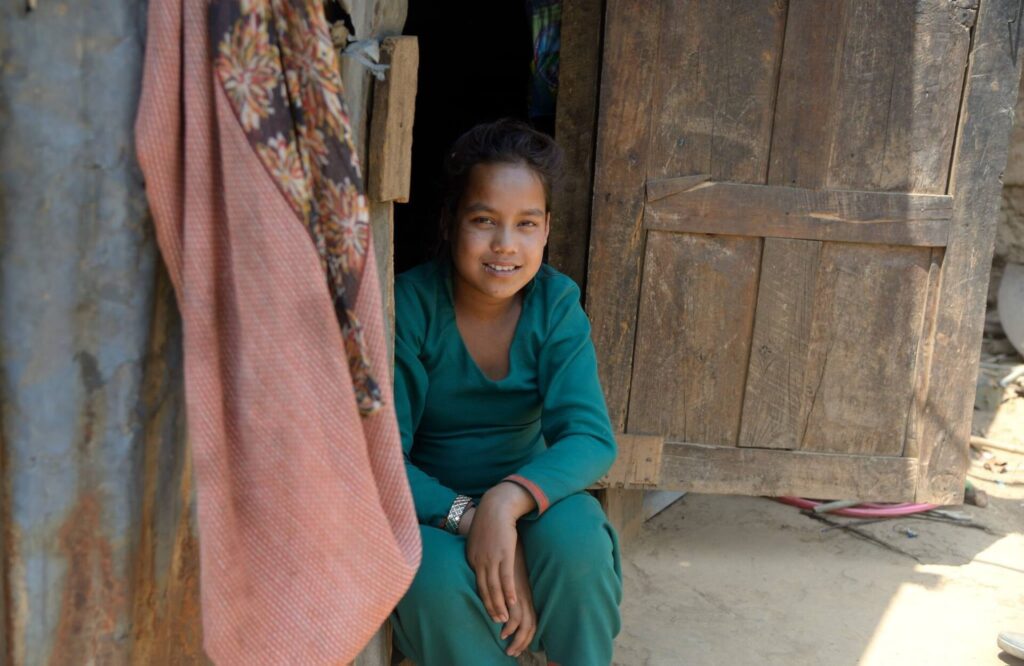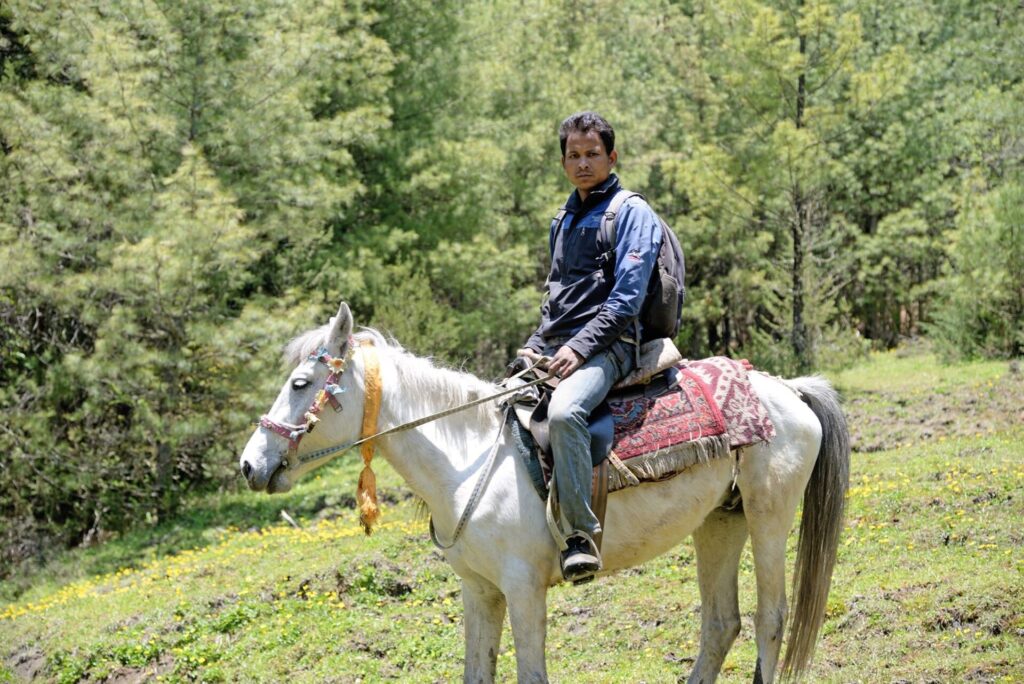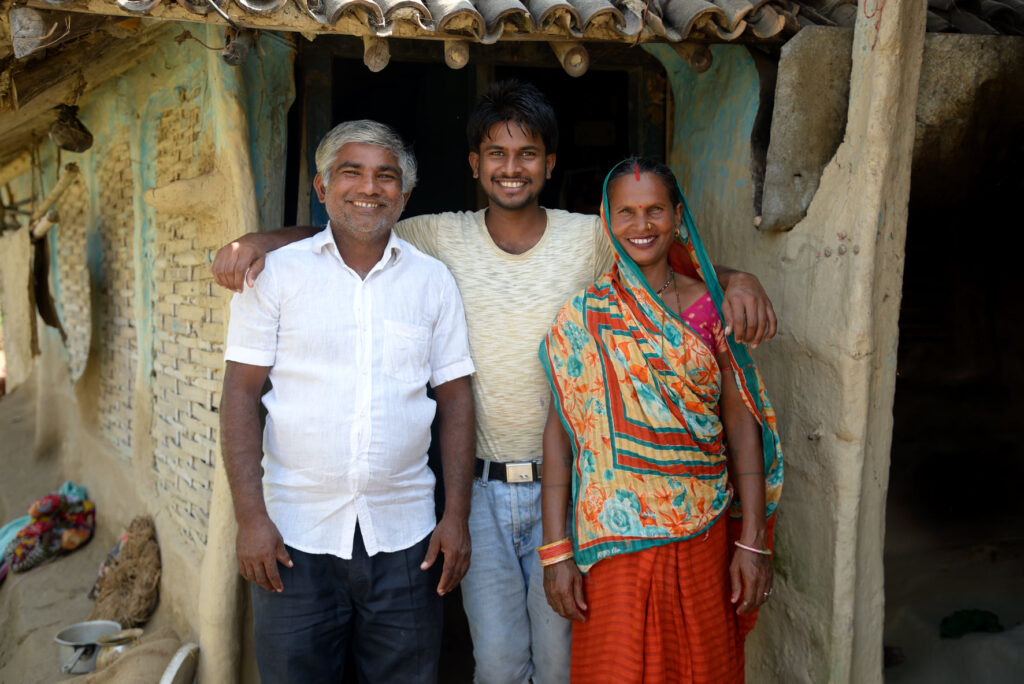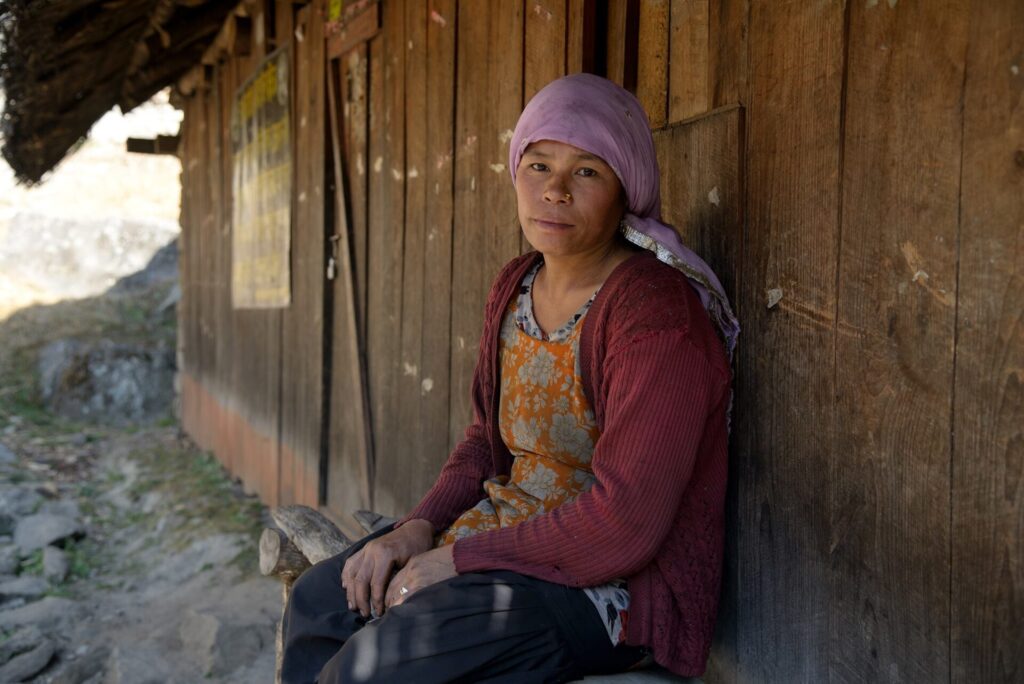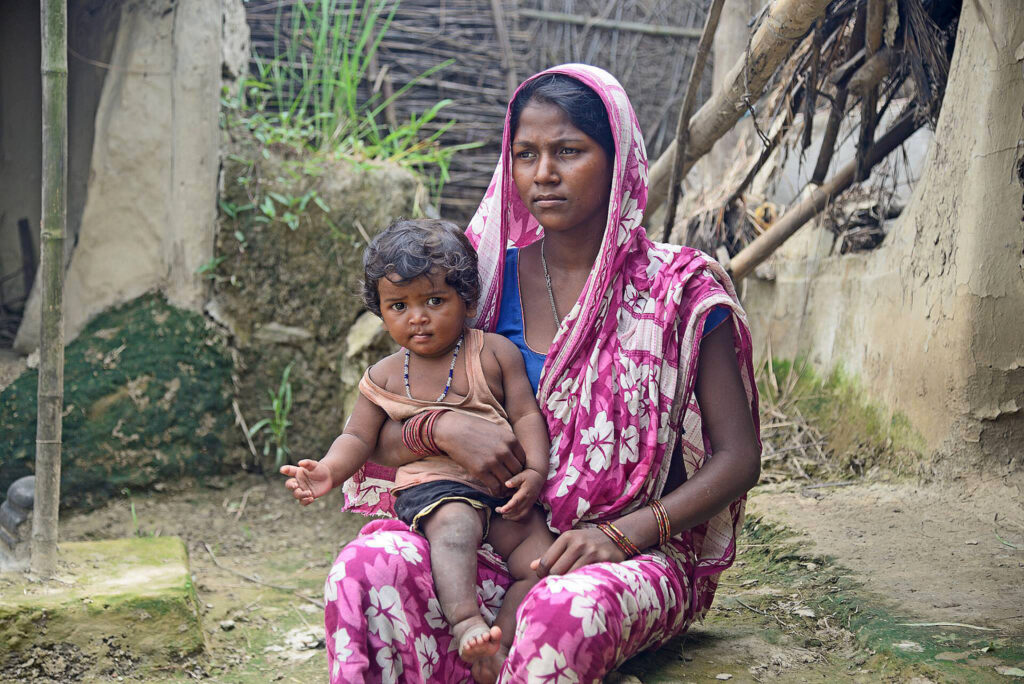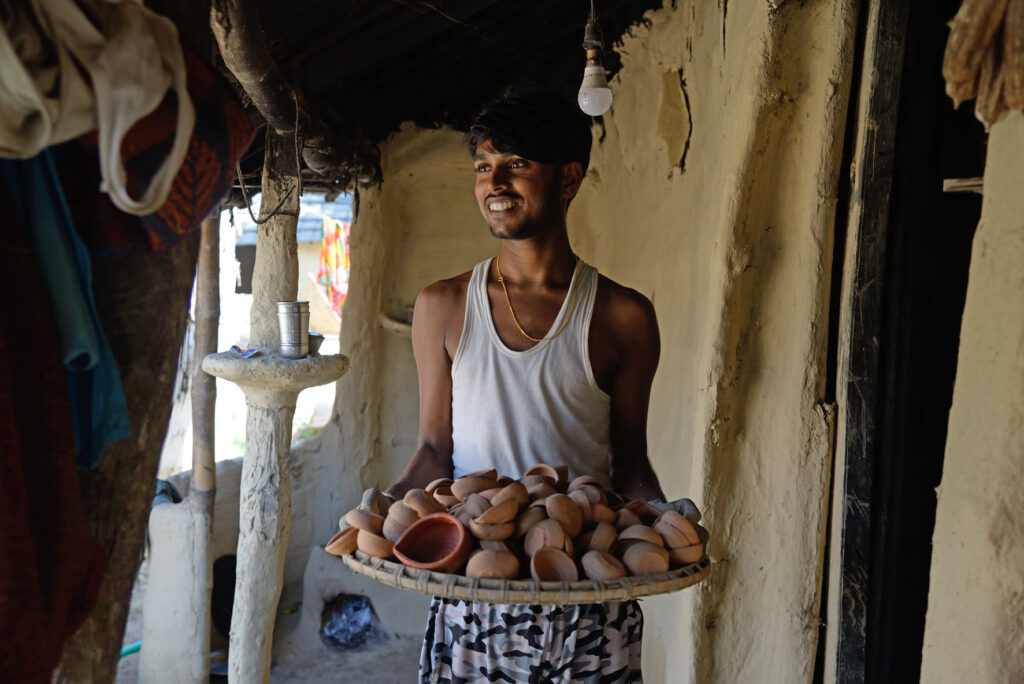
Man Kaji Pun Bhume 1 Lukum, Rukum Purba
(Part 2/2) “I also witnessed orthodox practices of caste and discrimination. Our village comprises mostly of Magars, families from the Dalit community, and a few Gurung families. I still hear stories of how, back in the day, the Dalit were considered ‘untouchables’ and were ostracised on a daily basis. I started to advocate on this issue. And I was met with some resistance. Some listened, some argued and some accepted. As the Maoist’s people’s war came to its conclusion young people from the village who were involved in this movement also started heavily questioning this mentality. The change came but only after it adversely affected many lives. But I am glad it did. Today, no one questions me when I eat at a friend’s house who is a Dalit. And I welcome him to my home. Sadly, the political change was rapid; it did not bring economic stability for many families. Although I had developed a bond with my community in the 18 months of wait, I had to go. I had to make money. The visa arrived and I left for Korea.
In Korea, my heart was with my family, my community, my soil. I longed to be back and work for the people here. The 18 months that I spent in my village was a revelation. I understood that no village should be deprived of the youth and no home should be deprived of its sons and daughters. I worked, earned a little, saved a little and I returned home. Returning home with a renewed sense of belonging and pride gave me immense happiness. It has been two years since I am back. And now I solely focus on how we can collectively make life convenient for families of our community. How as youths can we contribute to making families in our communities financially strong? So we are working with the local government bodies and the community leaders to create opportunities through agriculture, tourism, and business. Among all of this, I have also pitched in the idea of rearing sheep using modern methods. I am aware that rearing sheep is difficult but the return is good. And above all preserving a generational occupation, I believe, is a good thing and not everything needs to be replaced in the name of modernity. Today, no other things would bring me pride than to put our sheepherders at the center of development. After all, I am a sheepherder’s only son.”
